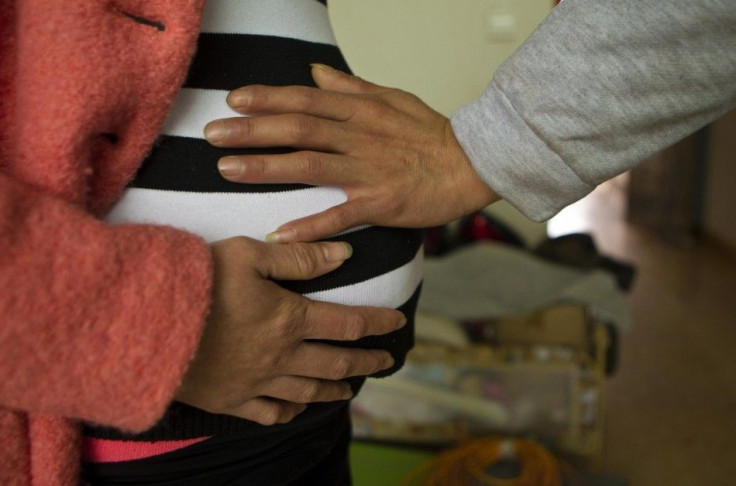Morning Sickness In Pregnant Mums Can Be an Indication of Healthy Babies

Pregnant women who experience morning sickness are likely to have healthy, and intelligent babies, with a lower chance of miscarriage, says a study conducted by researchers from The Hospital for Sick Children and the University of Toronto, Canada. The findings were published in the journal Reproductive Toxicology.
According to a new study, based on the results of a systematic review that looked at the effects of nausea and vomiting in pregnancy (NVP), it was found that mothers who vomited a lot and complained of nausea had less chance of miscarriage in the first three months of pregnancy. They were also reported to give birth to healthy and intelligent children with less birth defects (birth defects reduced between 30 per cent and 80 per cent). Researchers found that the kids whose mothers experienced NVP during pregnancy were less likely to be born prematurely (6.4 per cent in contrast to 9.5 per cent for healthy mothers) and scored higher on IQ tests between the age group of three and seven years. As per the Canadian researchers, the benefits were more for women who had moderate and severe NPV as compared to mothers who suffered mild NPV.
Speaking about the effect of NVP, Gideon Koren, lead author from the Department of Paediatrics, The Hospital for Sick Children and the University of Toronto, wrote in the journal: "The present analysis reveals a consistent, favourable effect of nausea and vomiting in pregnancy on rates of miscarriages, congenital malformations, fetal growth, prematurity, and better developmental outcomes on standard psychological tests.
"These findings may stem from a more favourable hormonal milieu in cases of nausea and vomiting in pregnancy, although this hypothesis has not been proven to date.
"Our analysis indicates that reassuring these women that their severe symptoms may confer favourable fetal outcome in their unborn babies, is logical. While this may not be the case in women experiencing hyperemesis gravidarum, it does seem to be valid for the majority of pregnancies."




















